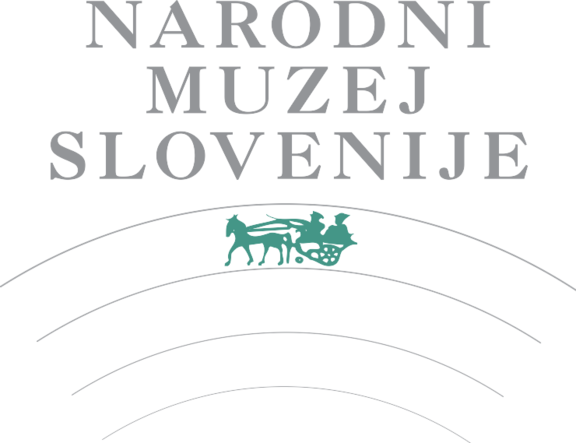In 1995, the National Museum of Slovenia was assigned the building at no. 25 in the complex of the former military barracks called 4th of July (until 1991) along Metelkova Road. Plans for the future display and storage areas were drawn up in 2000. Construction began in July 2004.
In 2008 Department of History and Applied Arts moved to the new premises at Metelkova 25, which offers storerooms in the basement, professional and modern storage space for museum items of various materials and storage demands. Renovated building now National Museum of Slovenia - Metelkova that used to be before military compound called 4th of July until 1991, was reshaped, adopted and has from year 2008 exhibition rooms to house research collections on the history of applied arts. Occasional exhibitions happen at the attic spaces, where main exhibition topics are those of contemporary design. Ground floor offers spaces for block buster exhibition events. Opening of new building started with Primož Trubar 1508 - 1586 exhibition for the occasion of his 500 year anniversary of birth. Primož Trubar published first Slovenian book Abecedarium und der klein Catechi∫mus in der Windi∫chen Sprach in year 1550. In 2009 the exhibition Under the Napoleon's Eagle - 200th Anniversary of the Illyrian Provinces was organized in cooperation with the Archives of the Republic of Slovenia (ARS) and Musée National de l'Armée in Paris.
National Museum of Slovenia has moved conservation and restoration workshops in new building of National Museum of Slovenia - Metelkova
This building will be used as storage space for the Department of History and Applied Art, a permanent exhibition of the history of applied art in Slovenia, and collections for study.
Plans for the future display and storage areas were drawn up in 2000. Construction began in July 2004.
With the added basement and extension, in addition to the original building, the museum will gain almost 4000 m2 of space. The basement will hold closed storerooms, and the extension will contain restoration workshops, while the remaining spaces will be used for public programs. The ground floor would be occupied by the permanent display, while the remaining two floors would feature collections for the purpose of study. The display of the following collections is intended for this complex: furniture, metal, weapons, glass and pottery, ecclesiastic and secular textiles, paintings and sculpture, toys, religious objects, medals and orders, and sports (with emphasis on the Gregorka and Cvetko donations).
See also
External links



